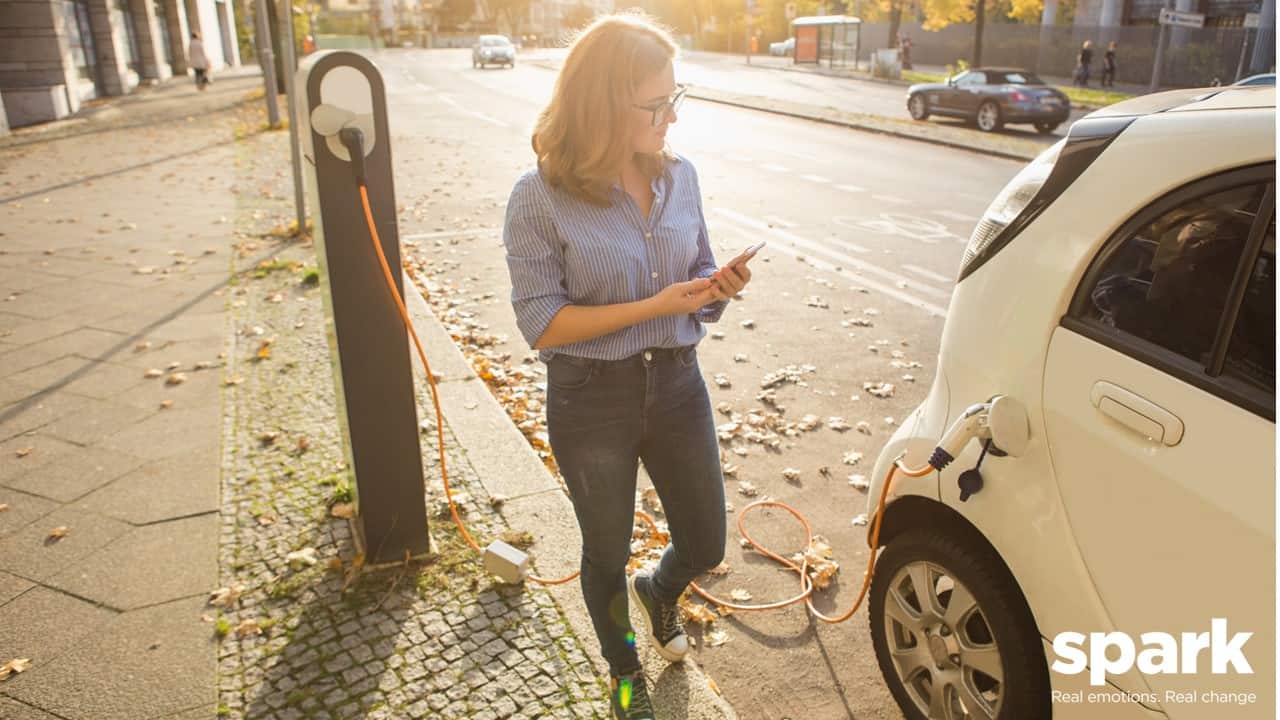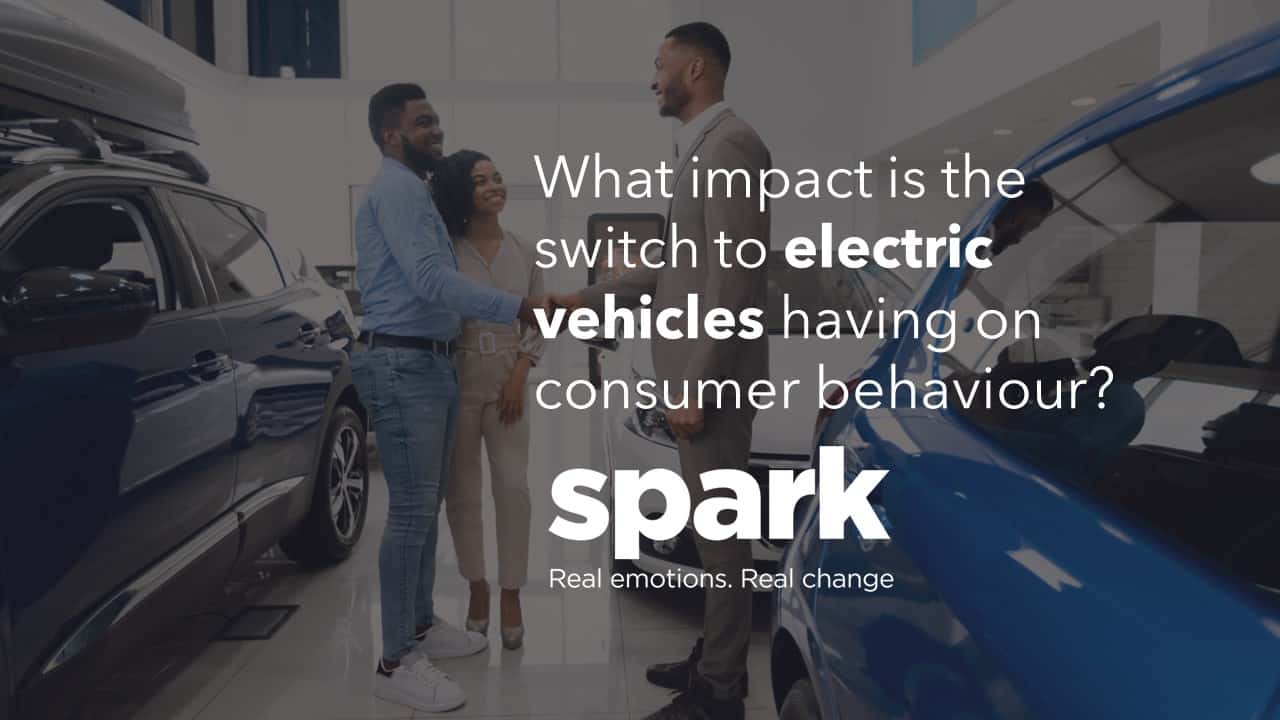As the sale of new Internal Combustion Engine (ICE) vehicles is set to end by 2030 in the UK, car manufacturers, as well as consumers, have shifted their focus to Electric Vehicles (EVs) as the next standard for private transportation.
The EV market has seen a steady YoY growth in the UK, even during the past 2.5 years of pandemics and chain supply issues. However, as with all new products on the market, and in particular those that span new technologies and market segments, consumer friction points exist. But what are some of these friction points and how can you address them in order to improve the overall shopping experience and make your brand name synonymous with a great shopping journey?
Research shows that buying a car is a large investment that requires a lot of time and effort for the majority of buyers. However, EV buyers are not only facing the challenges generally associated with buying a car, like questions around safety, associated costs and best fit for their needs, but also additional areas of uncertainty associated with the new technology:

A proven record of quality
As a new market segment of interest is created, consumers start to flood it, increasing the demand for the product and manufacturer opportunities. As the EV market is in its incipient stage, new and established car manufacturers are seizing the moment – established car manufacturers like the BMW Group, Volkswagen, Toyota, Ford, etc. are competing against new EV manufacturers like Tesla, Rivian, Polestar, Nio, etc. in the development of the EV market segment.
One important insight both sides must bear in mind is that car buyers are highly risk averse, therefore new untested manufacturers without an extensive and proven record of quality are likely to face more challenges and scepticism from buyers than more established and trusted makers. This can currently be seen in the European market where the fastest growing manufacturer in this sector is the Volkswagen Group rather than the widely known Tesla.
A new manufacturer could leverage this insight by adapting their comms to firstly address this fundamental consumer need before delving into the USPs of their EVs.
EV maintenance requirements
Although many ICE vehicle owners aren’t anywhere near being car maintenance experts, a majority have basics such as checking oil levels, changing tyres, MOT testing, etc. well established in their repertoire of behaviours not only due to driving instructors and helpful parent figures, but also as a result of social discourse. However, buying an electric vehicle shifts the knowledge requirements slightly as a different engine type, running mechanism and laws are introduced, meaning the buyer must expand their car knowledge in order to assess whether their choice of EV would fit their wants and needs.
Information overload (similar to choice overload) at this point can trigger decision fatigue which can not only delay decision making but can also encourage the shopper to postpone or abandon the task altogether. Identifying exactly what buyers are struggling with and how best to address these friction points would not only improve the shopping journey but also conversion rates.

Range anxiety
Some of the current discussions happening between car buyers and EV manufacturers are revolving around the reliability of the quoted single charge range of EVs. Manufacturers are addressing this by constantly improving their models’ ranges as well as including charging point locations in the cars’ inbuilt Sat-Nav, however, shoppers are still worried about being left in a lurch in emergencies, on long trips and in charger dead zones suggesting the steps being currently implemented aren’t enough to curb range anxiety.
Changes in the way the car is fuelled and the time it takes, availability of charging stations and differences in calculated miles range vs real mile range, to name a few, all contribute to the risk aversion and therefore to the range anxiety of EV buyers. Of course these issues are currently being addressed by manufacturers, however, they can also be tackled through comms and improving the buying experience.
With technological shifts, such as the introduction of EVs, consumers will need more support in navigating the changing market, offering an upper hand to brands willing to listen to and adapt to their needs. This is particularly crucial for the EV market as more than half of drivers aged 16-49 will be switching to EVs in the next 10 years.

How can we help?
At Spark Emotions, we are experts in consumer behaviour. We discover what your customers really want and look for through our multiple methodologies that capture real emotions, attitudes and behaviours in real time. Read our case study on how we helped Autovia better understand the everyday car shoppers’ purchasing journey to ensure their offering matched current and future consumer needs and wants.
As technology becomes more intertwined with our everyday lives, shoppers are often an afterthought. By understanding their feelings and thoughts, you can help them navigate the changing face of the market whilst offering them a positive buying experience. Our Shopper Behaviour expertise helps our clients understand their shoppers and keep their loyalty.
Get in touch by filling in the form below to find out how we can help you

Written by Amelia Gavrila, Senior Insights Executive at Spark Emotions.
If you have any questions, feel free to reach out to Amelia via email amelia.gavrila@sparkemotions.com or connect on LinkedIn





